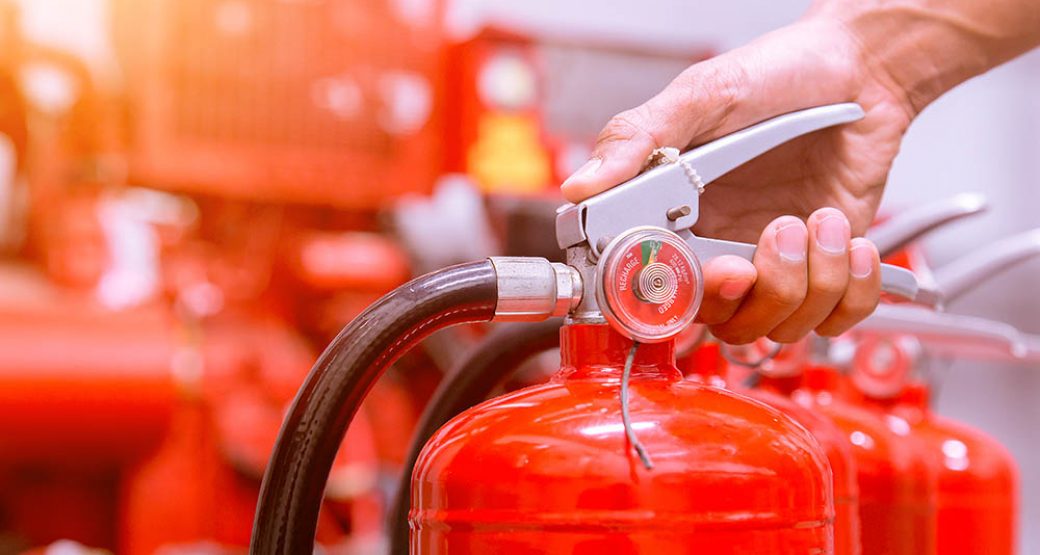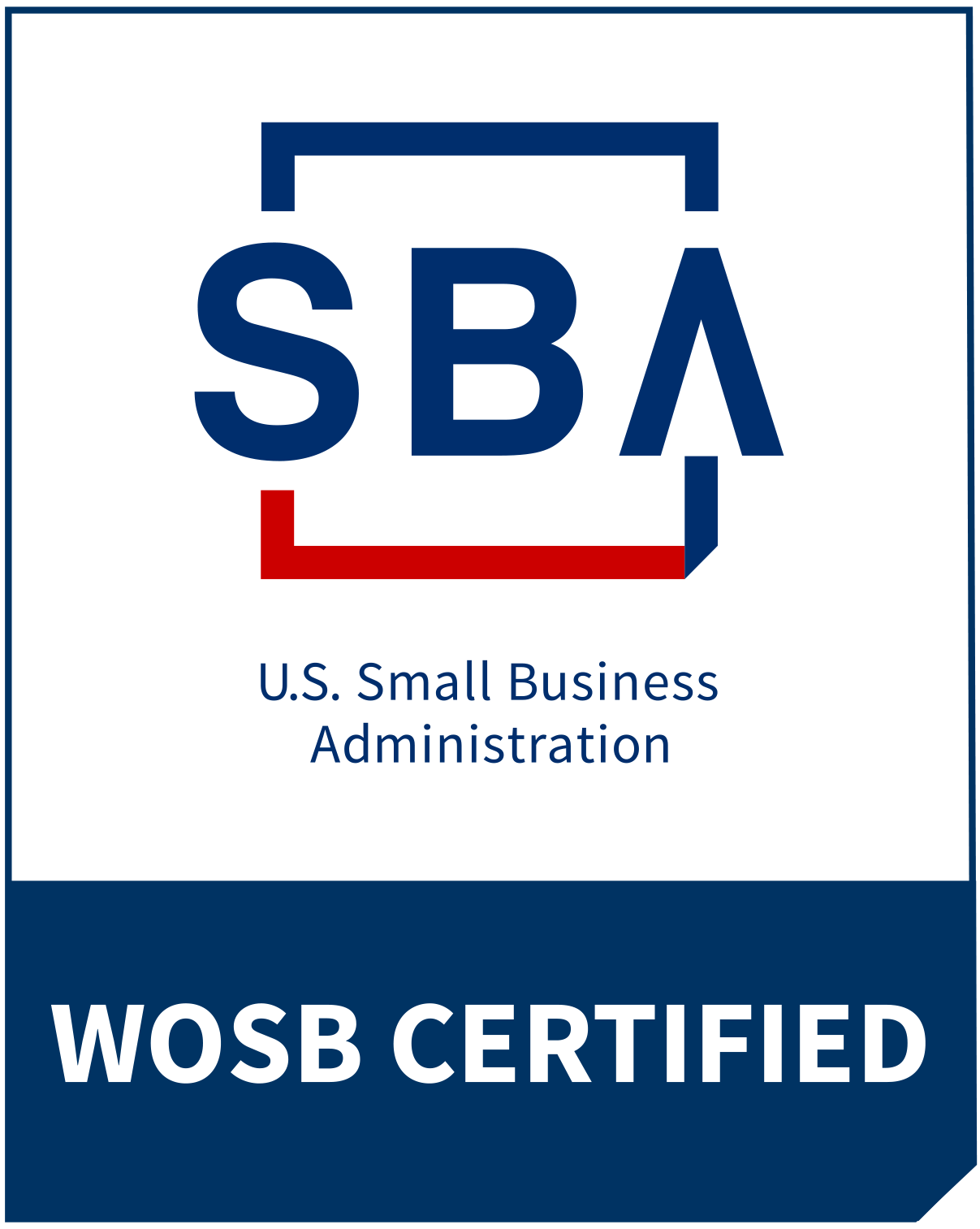Although setting up fire and evacuation systems in residential and commercial buildings can help save lives and assets, the best way to keep people and valuables safe from disasters is to prevent those disasters in the first place. It’s important to know as many fire safety tips as you can to keep your living and work spaces safe and sound.
Time is of the essence when it comes to fires. A fire can become life-threatening in just minutes and it doesn’t take much longer for flames to completely engulf a home or business. Luckily, fires are preventable — if you know what to do.
Follow these fire safety tips to avoid a disaster at home or at work.
Fire Safety Tips at Home
Home fires are often caused by faulty or poorly maintained appliances (or clothes dryers with too much lint), candles, curious kids with matches or lighters, frayed or damaged electrical cords, flammable liquids, portable space heaters, cooking devices, or fireplaces. You certainly can’t eliminate those things altogether, so you have to make sure you use them wisely, keep them well-maintained, and, in the case of kids (or even adults), keep them well-educated.
A house fire is a disaster that is easily preventable. Step one is properly installing smoke detectors throughout your home. Smoke detectors should be installed on every level of your home, in each bedroom, and outside of each sleeping area. Test them monthly and replace the batteries at least once a year (even better, do it every time you change the clocks for daylight savings). Replace the devices completely every 10 years. Once you’ve got smoke detectors installed — and ideally tied into your home security system — make sure you have fire extinguishers readily available. Keep them in the kitchen, garage, and any workshop areas. Check them regularly to ensure they are working properly.
With all the proper security measures and devices in place, it’s time to educate. Educate your children about the potentially deadly consequences of playing with fire. Teach them the tried and true “stop, drop, and roll” method. Explain the role of firefighters and emergency personnel and not to fear or hide from them. Set up a family communication plan, make sure everyone knows how to call 911 (and when not to), and ensure that everyone knows who to contact and where to meet should disaster strike.
Finally, have a well-thought out and organized escape plan. Go over it in detail so everyone is on the same page and is familiar with basic home fire safety procedures. This includes checking doors for heat before opening them, staying low on the ground to stay out of smoke, and knowing the closest way out. The escape plan should include at least two escape routes from every bedroom. Also, regularly practice the plan, make sure everything at home is in good working order, and that all windows and entryways are clear and accessible.
Fire Safety Tips at Work
Unexpected fires in the workplace are often caused by faulty gas lines, poor pipefitting, improperly stored combustible materials, or open flames. But they can happen in office environments as well.
To prevent fires, make sure that electrical control panels, sprinklers, firefighting equipment, and emergency exits are easily accessible and never obstructed.
If you deal with oils, gasses, or hazardous liquids, make sure they’re properly stored, maintained, and disposed of. Be sure that all employees read labels and Material Safety Data Sheets to assess the fire hazards of a substance. When using and storing chemical materials, always do so in an area with adequate ventilation. Make sure your employees have the proper protective equipment for handling hazardous materials.
Make sure all your machines — from heavy machinery to desktop computers — are properly maintained to prevent overheating and malfunction. Also, keep an eye out for faulty wiring and malfunctioning electrical equipment.
Have fire extinguishers on hand and make sure they’re fully charged and ready for use. Train employees on how to use them, and make sure everyone knows who to call and what to do should a fire break out.
Finally, have an evacuation plan in place and conduct regular drills (at least twice a year). Make sure everyone knows where to meet once they exit the building. Assign employees to be fire drill captains and make sure everyone knows what the proper procedure is. Review your plan with your local fire company to assess its effectiveness.
At ProTech Security, we have a strong history of experience, innovation, and customer service. The ProTech Security Advantage is more than 35 years of service in Northeast Ohio and a strong commitment to providing quality, cost-effective protection for homes, businesses, educational institutions, and government facilities. To see what ProTech Security can do for you, contact us today.




